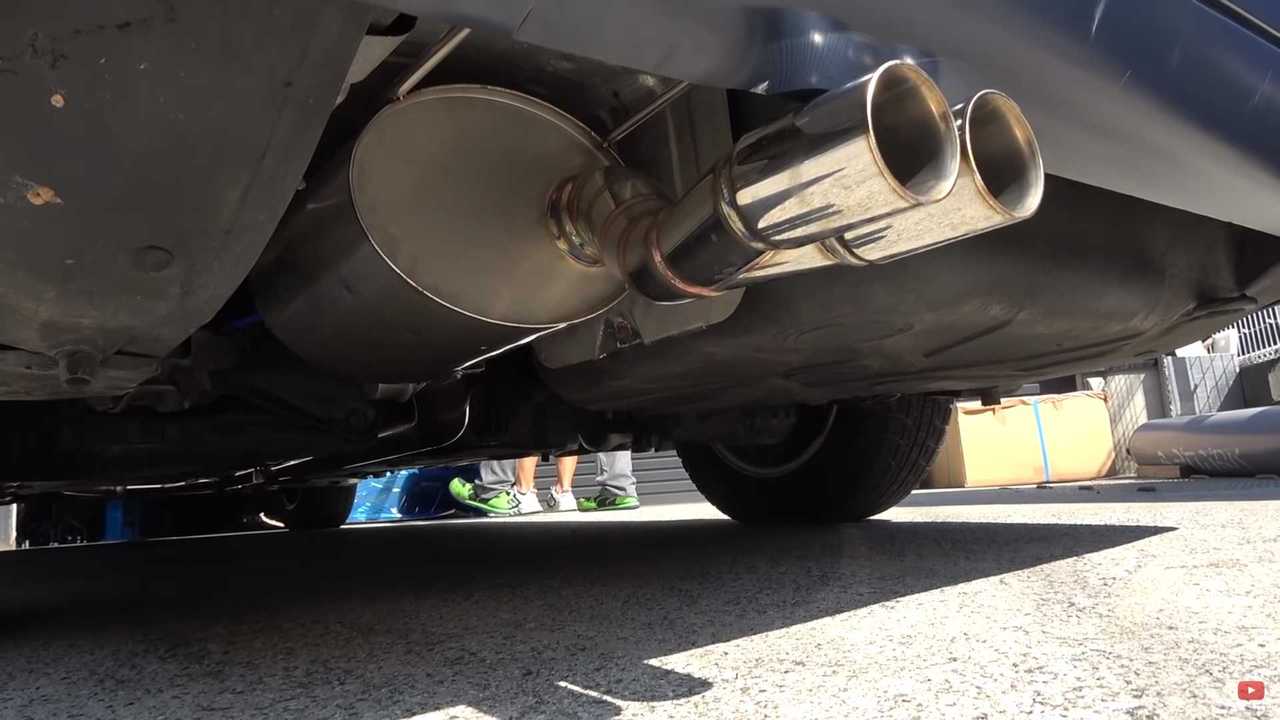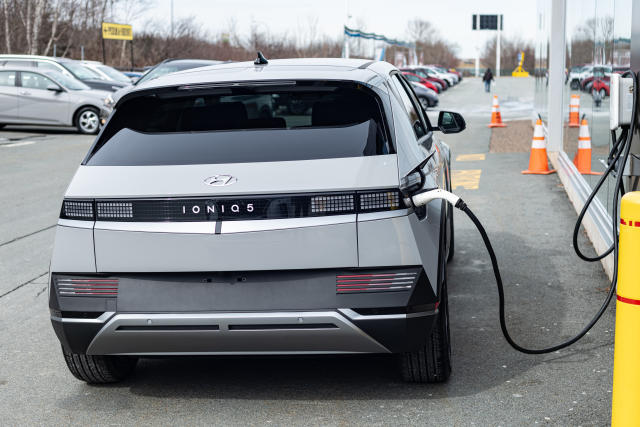This includes light-duty trucks and cars.
Canada joins an increasing number of countries, cities, territories, and states around the world that are pledging to phase out fossil-fuel-powered vehicles. On June 29, Justin Trudeau, Canada’s Prime Minister, announced that the country would ban new fuel-burning cars by 2035. Only zero-emission vehicles from then on will grace new car showrooms.
However, the ban doesn’t apply to all vehicles. The ban covers cars and light-duty trucks such as the Ford F-150. However, it appears to be open to heavy-duty trucks and commercial vehicles. Reuters says that regulations and investments will ease the transition for automakers. Canada has smaller targets for 2030 and 2025, which will help set the stage for a large transition. Canada hopes to achieve zero emissions status by 2050.

It will not be easy. There are many electric vehicles that will be available on the market over the next few years. Canada, however, is the largest country in terms of total landmass. Reuters reports that only 3.5 percent of all new vehicle sales in Canada is going to the EV market. This could make it difficult for Canadian buyers. It will be difficult to get that 100 percent up in 14 years, but it is easier than the transition in the US, where only 2% of new cars are electric. Pew research shows that Europe is the leader at 10 percent and China at 5.7%.

The United States has yet to set a time frame for fully electric cars. California plans to ban ICE cars by 2035. This could eventually lead to a similar timeline for the whole country. The United Kingdom plans to make EVs available in 2030. Other countries could follow a similar path with new internal-combustion bans that range from 2030 to 2040.
